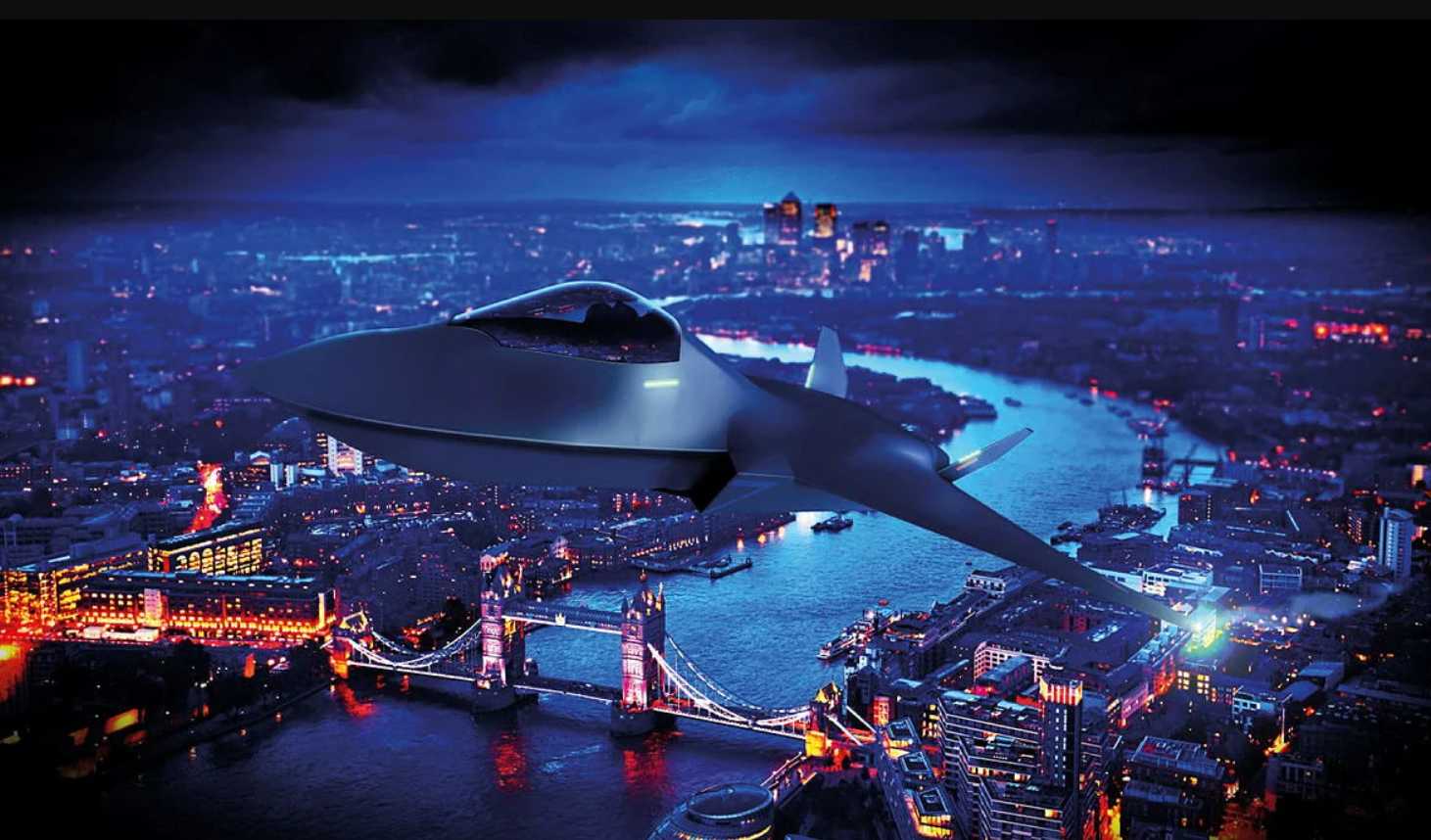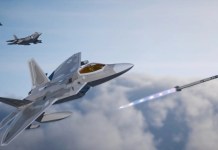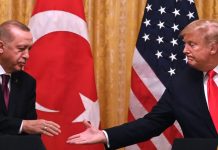The UK’s sixth-generation fighter jet program will likely receive big financial muscle as countries with deep pockets request to be part of the project.
After Japan, resource-rich Saudi Arabia has expressed interest in jointly developing the 6th generation fighter jet, which is expected to take to the skies by 2035 and could eclipse the best contemporary fighter jets.
The UK is considering the request by Saudi Arabia to participate in the next-generation fighter jet project. However, the spotty track record of Saudi Arabia over human rights, including civilian deaths caused by its intervention in Yemen’s civil war, and its close ties with China have also been an impediment.
The list could also be a deal breaker as even though these countries did not name China directly, their launching proclamation dropped enough hints. The leaders did not mention China or Russia.
Still, they said the new fighter jet is needed because “threats and aggression are increasing” against the “rules-based, free and open international order.” “Defending our democracy, economy, and security, and protecting regional stability, are ever more important,” the countries’ leaders had said in 2022.
The Global Combat Air Programme (GCAP), a public-private partnership, was launched in December 2022. Britain’s BAE Systems, Italy’s Leonardo, and Japan’s Mitsubishi Heavy Industries are participating in the project. The development of the new warplane is expected to begin in 2024, and it is likely to fly by 2035.
Richard Berthon, the British Ministry of Defense director of future combat air, said in London: “The current status is that we are exploring possibilities, but no decisions have been made.”
The aircraft will have enhanced capabilities like uncrewed aircraft, advanced sensors, lethal weapons, and innovative data systems. It will replace the UK’s Typhoon fighter jets and Japan’s F-2s. It is one of Japan’s most significant defense projects after World War II. Japan’s freshly recruited engineers have started working on the fighter jet’s engine.
The three countries have decided to move ahead without the support of the trio’s main ally — the US. The three countries are part of the US fifth-generation F-35 stealth fighter jet program. The three countries fly the F-35 aircraft. The versions of the stealth fighter jet are also assembled in Japan and Italy.
The prototype of the aircraft is expected to be built around 2029. Test flights will start in 2030, and mass production will begin in 2031. The three countries are making the mammoth project affordable by sharing costs.
While the project’s total cost has not been made public, the F-35 development indicates how expensive developing an aircraft is. The total cost of the F-35 is expected to run US$1.7 trillion over its lifetime. Hence, the three countries are considering Saudi Arabia’s request to join the project.
Berthon acknowledged Saudi Arabia’s interest in the project. “The UK has a very long-standing and very successful relationship with the Kingdom of Saudi Arabia in a range of things, specifically in combat air,” he said.
The UK and Saudi Arabia announced in March 2023 that they will study ways to cooperate more widely on combat air capabilities. Berthon said this was important for understanding “what the Saudis are looking for – the mix of their current and future capabilities, and what they want to achieve in terms of military and industrial prosperity benefits.” The study is expected to conclude by March 2024.
The Road To Partnership
Saudi Arabia would bring significant financial backing to the table. And the offer has been given serious consideration by the partner countries.
Regarding expanding GCAP, “We have been working with our Italian and Japanese partners to define for ourselves the sorts of partners that we might want to bring into the program, what we want from them, and who they might be,” Berthon said.

The Saudi partnership will be considered through a consensual decision between the existing partners. Expanding the GCAP will likely lead to more extended negotiations, and Japan, wary of delays in deployment, is hesitant to bring in Saudi Arabia. There could be a compromise, and Saudi Arabia could join under a different status than the three founding partners. The partners refrain from categorizing it in “simple terms of equal or not equal.”
The UK, Italy, and Japan “each bring different things to the partnership. I think the same is true if we’re exploring any wider partnership,” he said. The three countries are working towards creating a robust organization through which they can work together, and it is expected to be in place by the end of 2023.
However, the negotiations are taking longer than usual as Japan, a largely pacifist country since World War II, is coming out of its isolation in military matters. While the BAE and Leonardo have a history of combat jets, Japan is new to this.
Apart from the disagreement over the division of labor, the three countries differ in their goals. Japan’s aim is more defense-oriented, whereas Italy and the UK have offensive militaries.
Another bone of contention is the export of the fighter jet. While the European countries want to export the GCAP aircraft to other countries to recover the development cost, Japan’s restrictive arms export policy has been interpreted by successive governments as prohibiting military hardware exports. There is still little clarity as to the category in which GCAP falls.
Meanwhile, an Indian Air Force veteran, who did not wish to be named, said that UK-led program appears to be taking lead over Franco-German fighter program. Not only in timeline, but joining of ‘cash cows’ Japan and possibly Saudi Arabia, could substantially boost the funding of the project. It could not only esclipe the Franco-German program, it could emerge as a big challenger to US NGAD. I fear like Turks (Turkey) have been kept out of European Union, Western powers could keep the Saudi’s out despite their tremendous wealth.
- Ritu Sharma has been a journalist for over a decade, writing on defense, foreign affairs, and nuclear technology.
- She can be reached at ritu.sharma (at) mail.com




